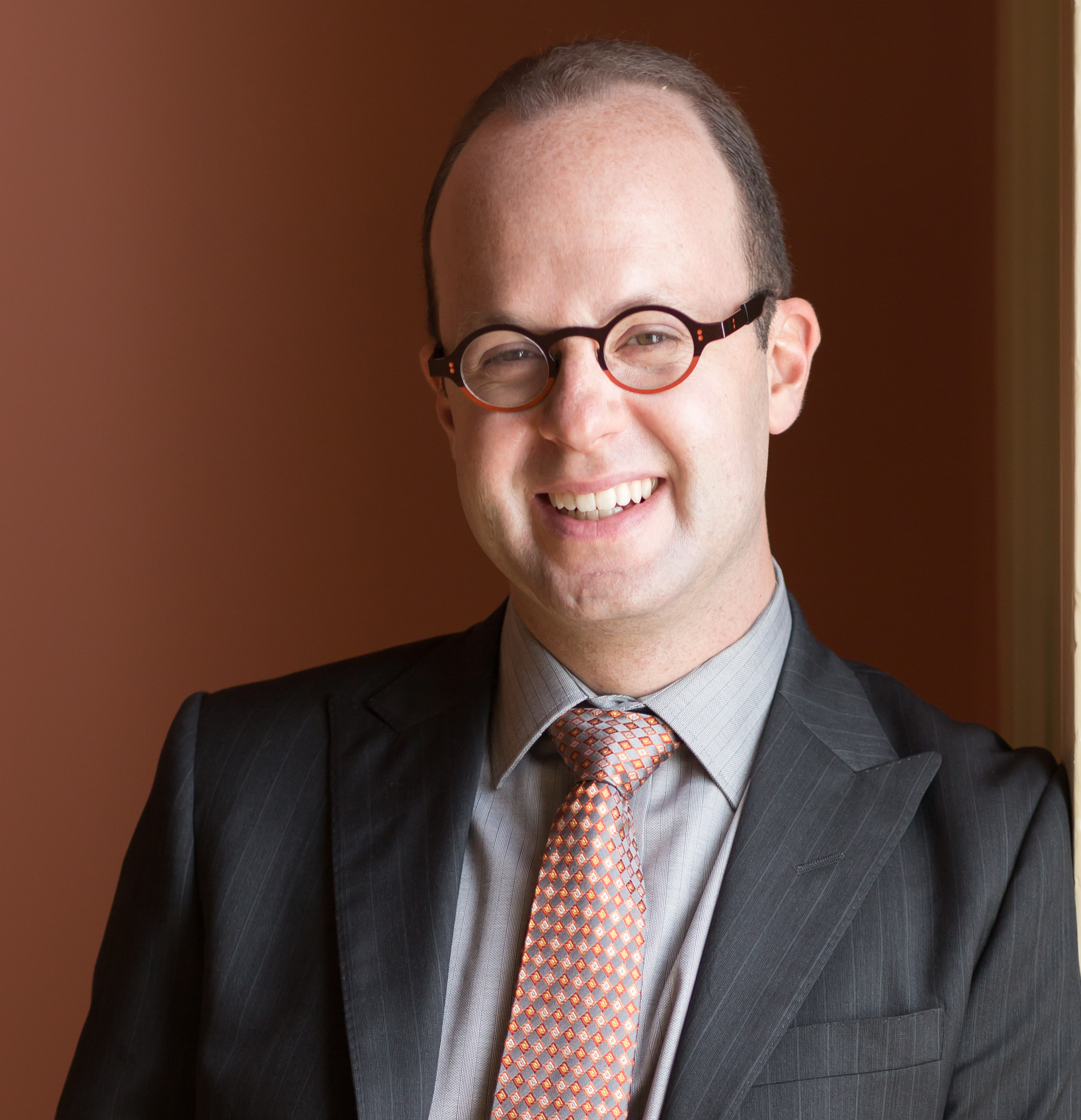Torah comes in many forms. Italian Holocaust Survivor Primo Levi serves as our teacher of contemporary Torah with this excerpt from the introductory poem to his book, "If This is a Man:"
"Consider whether this is a man,
who labors in the mud
who knows no peace
who fights for a crust of bread
who dies at a yes or a no…
I commend these words to you.
Engrave them on your hearts
when you are in your house, when you walk on your way,
when you go to bed, when you rise;
Repeat them to your children,
Or may your house crumble,
disease render you powerless,
Your offspring avert their faces from you."
How would we describe our and our neighbors' houses? We face dangers and struggle with economic trauma, our environment needs rescuing, and racism, transphobia, and other forms of oppression are spreading rampantly. Levi reminds us to not take our comforts for granted; the suffering he witnessed in the Holocaust can happen again.
Parashat M'tzora serves as a call to action. This week, we read about infections the Israelites faced, as well as how they were to address them:
"When you enter the land of Canaan which I gave you as a possession, and I inflict an eruptive plague upon a house in the land you possess, the owner of the house shall come and tell the priest, saying, 'Something like a plague has appeared on my house'" (Leviticus 14:34-36).
The Israelites confront leprosy of the body and the home. According to the Torah, upon noticing such an affliction, the owner of the home was obligated to notify the priest, who would verify that it was a type of plague, a negah. He would then order that the stones of the home be removed and replaced.
What is this negah? Some of our Biblical commentators take a physical approach, understanding it as a natural occurrence like mold. Others understand this plague as a supernatural phenomenon, a type of physical warning from God. Or, perhaps, it represents a symbol of societal decay.
Leviticus describes the plague as spreading deep into the walls of the home. Biblical commentator Samson Raphael Hirsch emphasizes that it is not the house that is infected, but the walls which isolate the house ("Pentateuch," ed. L. Honig and Sons, 1959). We are not speaking of a house; we are speaking of a home. Hirsch explains that greed and selfishness can easily spread in the "home" of society. This leads to alienation, isolation, and disregarding those in need. Love is forgotten in such an environment; kindness is no longer exchanged with neighbors. This infection can spread to the roots of society, at which point, God's presence departs from the decayed region.
The negah is a warning to the household. It forces an individual to see trouble approaching. If not controlled with thoughtful effort, the disease can intensify and affect the entire community. The actions taken by the priests can be understood as symbolic of what we must do to combat infection in our society today.
Today, we must take active steps to combat hate. We must make sure that the Holocaust can never happen again. Jews around the world need to be protected from the spread of the antisemitic infection that is currently raging. Societal hate is also rearing its head against the trans community, People of Color, Muslims, and other oppressed groups. We cannot sit idly by; we must be quick to recognize discrimination and not spread infectious slander. We are called to build a society that emphasizes diverse backgrounds and fosters a sense of community. We must act against the spread of hate. Our communities ought to be havens of respect, love, and generosity. Let's get to work strengthening the walls of our societal home, ensuring that they are strong and nurturing.
Explore Jewish Life and Get Inspired
Subscribe for Emails

